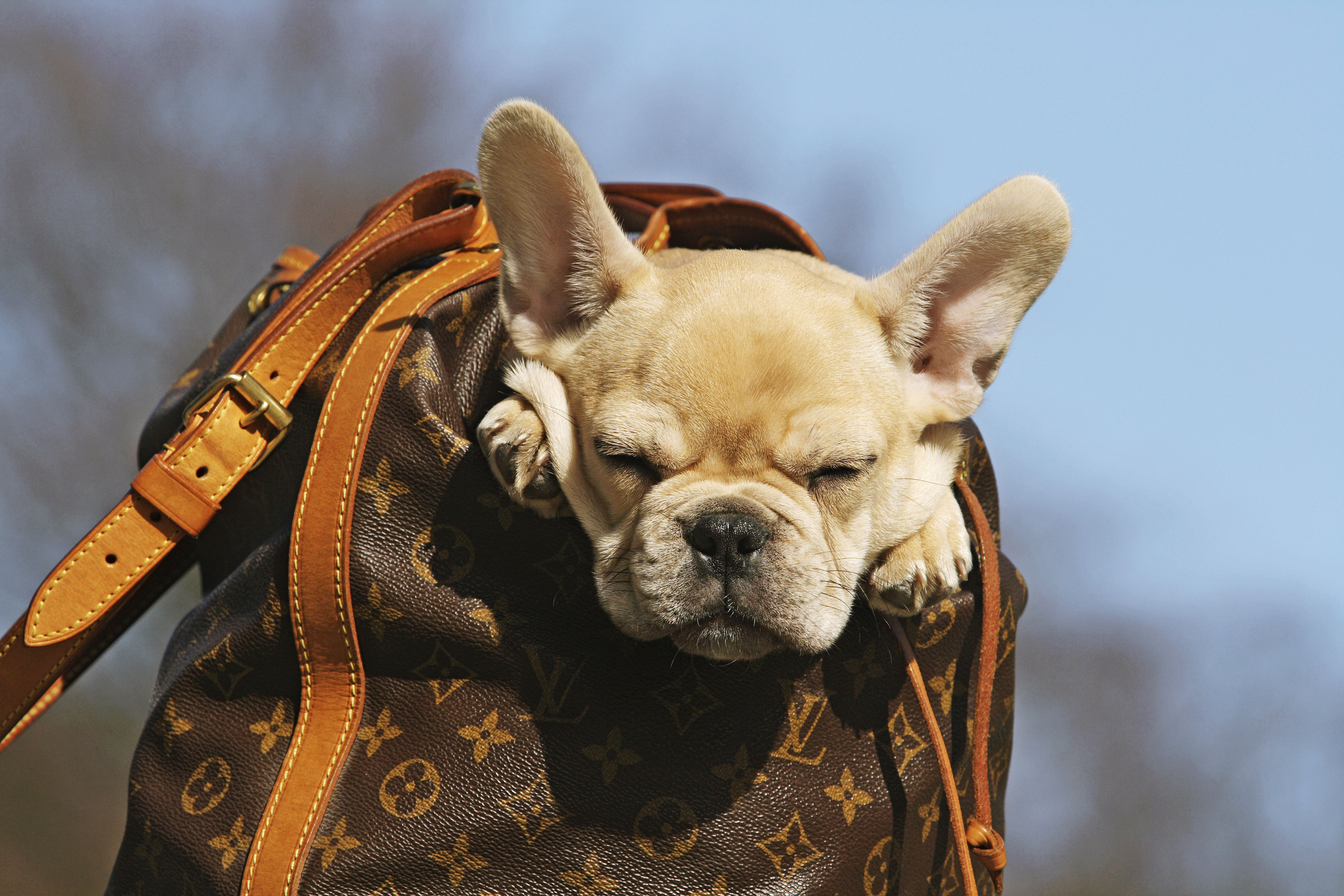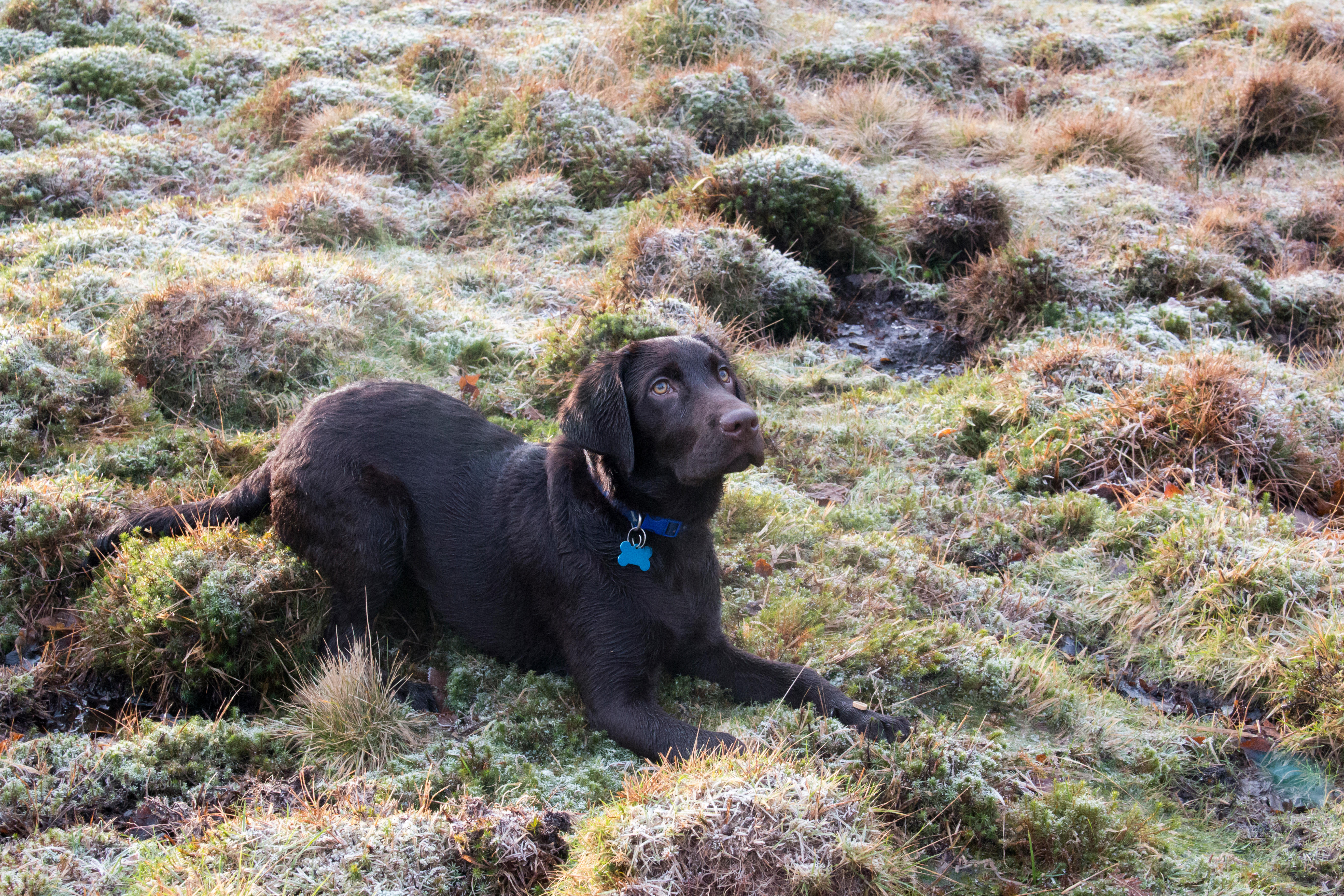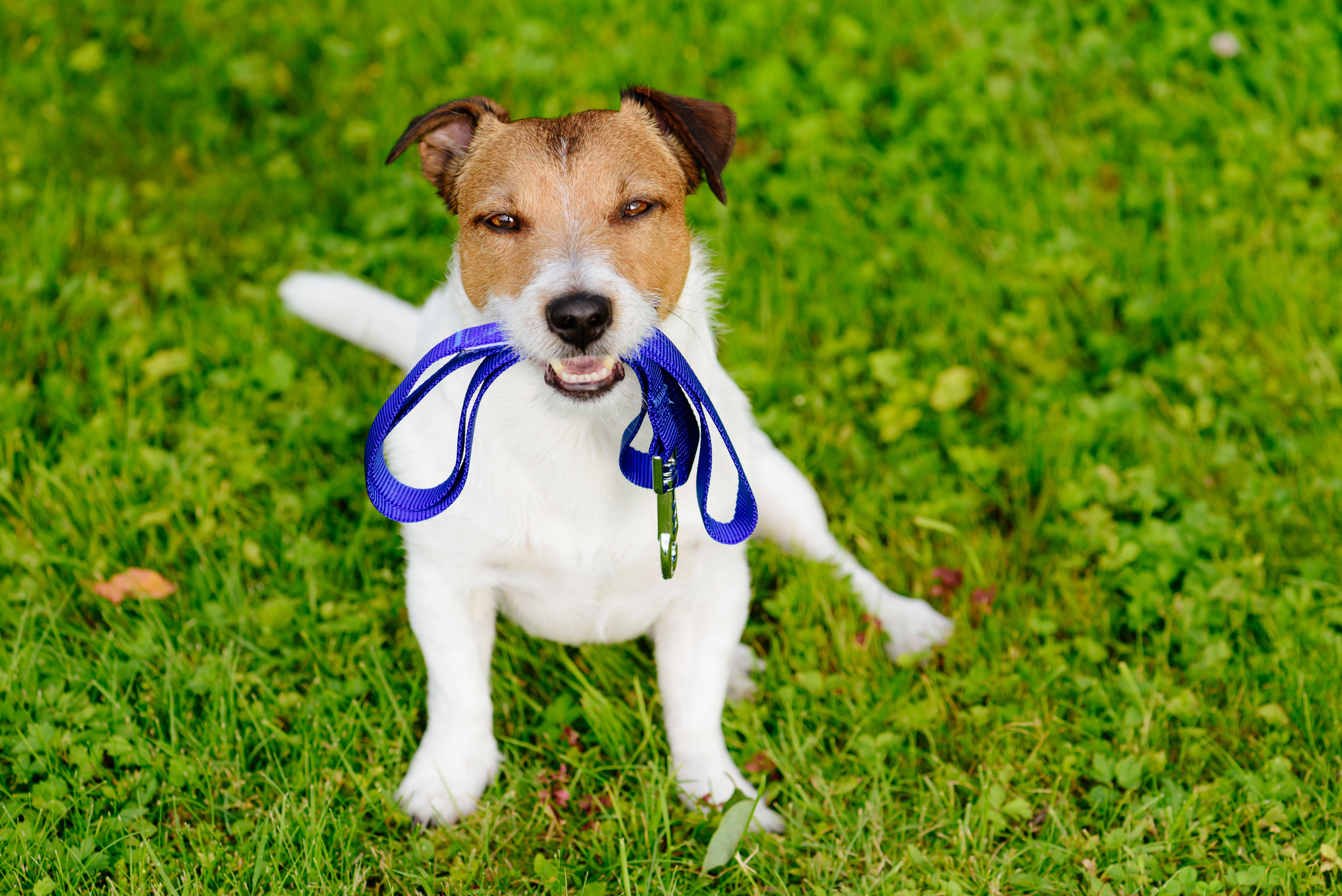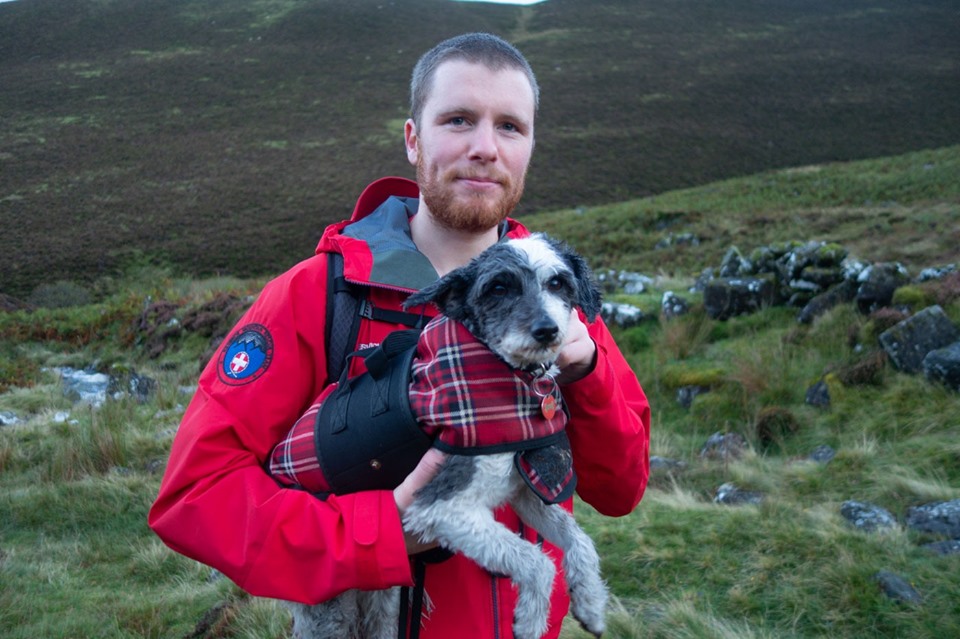RSPCA begs public to adopt rather than buy dogs as 'designer' and 'handbag' dogs are abandoned in huge numbers
The public have been urged to consider rehoming a dog rather than buying a puppy, after an influx in fashionable breeds and crosses entering charity centres.

Exquisite houses, the beauty of Nature, and how to get the most from your life, straight to your inbox.
You are now subscribed
Your newsletter sign-up was successful
Chihuahuas, Dachshunds and cockerpoos are among the fashionable breeds of dog facing abandonment and rehoming in increasing numbers.
The number of chihuahuas coming into RSPCA care has gone up by 700% in the last seven years, while the number of French bulldogs is up 236%, with Dachshunds up 600% and Pomeranians up by 440%.
The charity has also seen more popular crosses – such as cocker spaniels and poodles – arriving in its centres as inspectors shut down puppy farms and collect abandoned dogs and puppies.
'We want to shine a light on all of the dogs in our care and encourage people to adopt a rescue dog instead of buying a puppy'
While Staffordshire bull terriers, lurchers, Jack Russell terriers and German shepherds are still the most common breeds needing new homes, their numbers are decreasing, and more trendy 'handbag' breeds and fashionable crossbreeds are ending up at rescue centres.
'[We are] seeing an increase in the number of fashionable crossbreeds and so-called designer dogs like Dachshunds and French bulldogs arriving in our care,' said RSPCA dog welfare expert, Lisa Hens. 'We know that the animals coming into our care tend to reflect general dog ownership trends and there's been a huge surge in recent years in people buying 'designer dogs' and crossbreeds such as cavachons, puggles and cockerpoos.
'As part of our rehoming drive this October – called Adoptober – we want to shine a light on all of the dogs in our care and encourage people to adopt a rescue dog instead of buying a puppy.'
This is the second time fashionable crossbreeds have been making the headlines in recent weeks.
Exquisite houses, the beauty of Nature, and how to get the most from your life, straight to your inbox.
Last month, the labradoodle's original breeder, Wally Conron told ABC of his concerns over the popular type. Thirty years ago, he was asked to produce a non-shedding guide dog, and the result was Sultan, the world's first Labradoodle.
Mr Conran said since then he has become increasingly concerned about the quality of the breeding process being adopted.
'I opened a Pandora's box and released a Frankenstein's monster,' he said. 'When I'm out and I see these labradoodles I can't help myself, I go over them in my mind. I look at it thinking, does it have hip dysplasia, has it got elbow problems, any other problems I can see?
'I find that the biggest majority are either crazy or have a hereditary problem. I do see some damn nice labradoodles but they're few and far between.'

Credit: Alamy Stock Photo
'We have been systematically shaping the brains of another species': Study reveals full impact of selective dog breeding
Selective breeding in dogs influences far more than their outer appearance.

Credit: Alamy Stock Photo
Dog owners fitter, slimmer and healthier, study finds
Canine companions have also been linked to improved mental health and reduced social isolation.

Dog who refuses to walk another step triggers six-man mountain rescue in Lake District
The Keswick Mountain Rescue Team came to the aid of a Lake District walker and his exhausted canine companion.